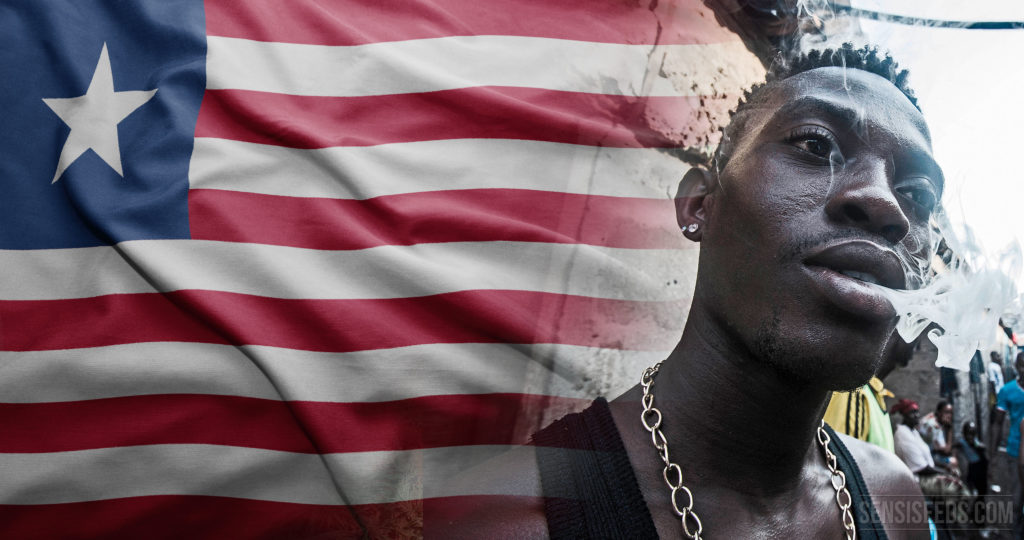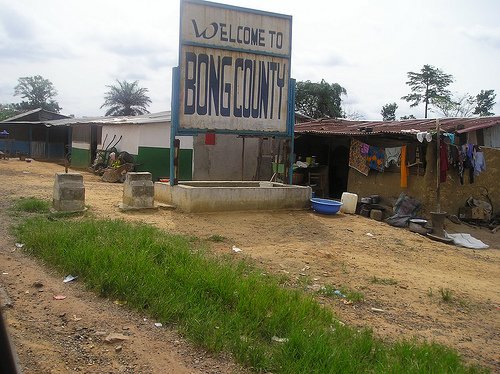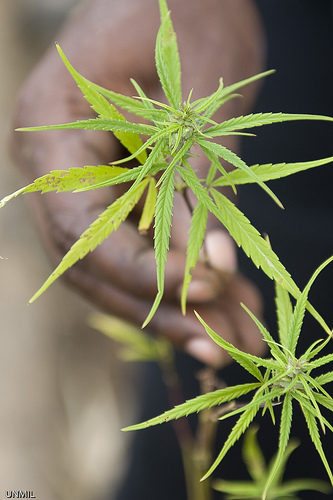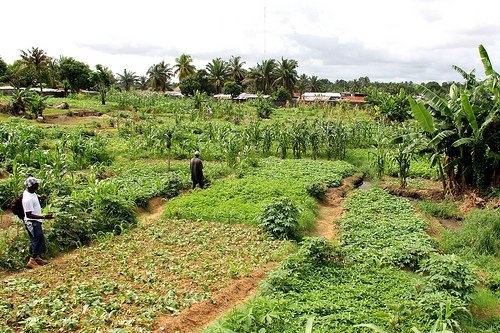Cannabis in Liberia
LIBERIA
It is not clear when cannabis was first introduced to Liberia; it is generally thought that West Africa as a whole encountered the plant somewhat later than the rest of the continent, as there is no evidence of its existing in the region before the Second World War. This is borne out by the fact that there are apparently no indigenous words for cannabis in the region.
The Republic of Liberia is a small West African nation with a population of around 3.7 million, of which around 70% is dependent on agriculture. Despite having enjoyed historic periods of stability and economic growth, the civil war (1989-2003) devastated the country’s infrastructure and economy, leaving millions impoverished.
History of Cannabis in Liberia
It is not clear when cannabis was first introduced to Liberia; it is generally thought that West Africa as a whole encountered the plant somewhat later than the rest of the continent, as there is no evidence of its existing in the region before the Second World War. This is borne out by the fact that there are apparently no indigenous words for the plant in the region.
After the war, a culture of cannabis use became established as ex-servicemen returned from their posts in North Africa and Asia, bringing their cannabis-smoking habit with them. At first, cannabis use was limited to servicemen and manual workers, but as youth culture became more defined during the 1960s and ‘70s, its use began to spread throughout society.
In the late 1950s, declining world cocoa prices encouraged many farmers to turn to cannabis as a low-risk, high-reward crop that took very little time to grow. Then, economic decline throughout Africa in the 1970s—added to steadily increasing demand—led to an intensification of cannabis-growing efforts.
The Impact of Civil War (1989-2003)
During the civil war, which led to the deaths of around 150,000 people, the plant was grown and traded to provide funds for various warlords and different warring factions. It is reported that warlords gave cannabis to their soldiers—many of whom were no more than children—to reduce stress and create dependency, with the aim of making them more malleable and obedient.
After the civil war, the shattered infrastructure left millions without livelihoods or income. According to some reports, large numbers of ex-soldiers were left addicted to or dependent on cannabis; these factors combined led to the rapid establishment of a flourishing domestic industry.
The Cannabis Trade in Liberia
The cannabis trade in West and Central Africa is small-scale and generally limited to the region—that is, very little of the dried flowers produced there leaves the region, and trafficking is largely intra-regional rather than transnational. Liberia’s huge domestic demand takes care of most domestically-produced cannabis and also some from neighbouring countries such as Nigeria, a large regional exporter.
Liberia is of unquestionable importance as a link in the West African trafficking network, and provides a stop-off point for heroin from Asia and cocaine from South America. Furthermore, Liberia is notoriously corrupt, and it is thought that much trafficking is facilitated by corrupt officials. However, in recent years it seems that the extent of corruption is lessening.
In 2012, Liberia ranked 75th of 176 countries worldwide; in 2007, the ranking was far worse, at 150th of 180 countries. According to Transparency International, 89% of Liberians were forced to pay a bribe when attempting to secure services from an official or institution.
Cannabis Cultivation in Liberia
Liberia has a range of ideal growing climates for cannabis, and cultivation is thought to occur in all of Liberia’s fifteen counties. However, the heartland of the industry appears to be the hilariously-named Bong County in central Liberia, where farmers are increasingly turning from traditional crops such as rice and cassava in favour of fast-growing, high-value cannabis crops—enabling them to make a healthy profit with minimal upfront investment.
As law enforcement is lax and plantations often well-concealed and inaccessible, the risk of arrest is relatively low. Even in cases where arrests are made and individuals charged with drug-related offences, it costs just $72 to post bail. According to some farmers, many have been subject to repeated police stops, but these stops usually do not result in further action being taken.
Nimba County, near the border with Guinea, is also known to produce large quantities of dried flowers each year. Both Nimba and Bong Counties are part of an area of Liberia that was historically controlled by the National Patriotic Front of Liberia (NPFL), a rebel faction headed by Charles Taylor, the notorious Americo-Liberian warlord who later served as president. With control of all plantations on his territory, Taylor used the proceeds of trafficking to fund his part in the civil war.
Cultural Use of Cannabis in Liberia
This plant is the most widely-used drug in Liberia, as with most other African countries. Its use is widespread and generally socially accepted, and Liberians of all ages, occupations and social status are likely to indulge.
In present-day Liberia, it is possible to purchase it almost anywhere, although discretion is advised as local police are now attempting to enforce cannabis laws more strictly than in the past, and fines or jail time can result. It is difficult to ascertain retail prices for small amounts of cannabis in Liberia; however, the wholesale price is around L$9,000 ($111/€82) per kilogram.
In Part II of this article, we will discuss Liberian drug policy, sentences and penalties, and the ongoing efforts to eradicate the cannabis industry in Liberia.



